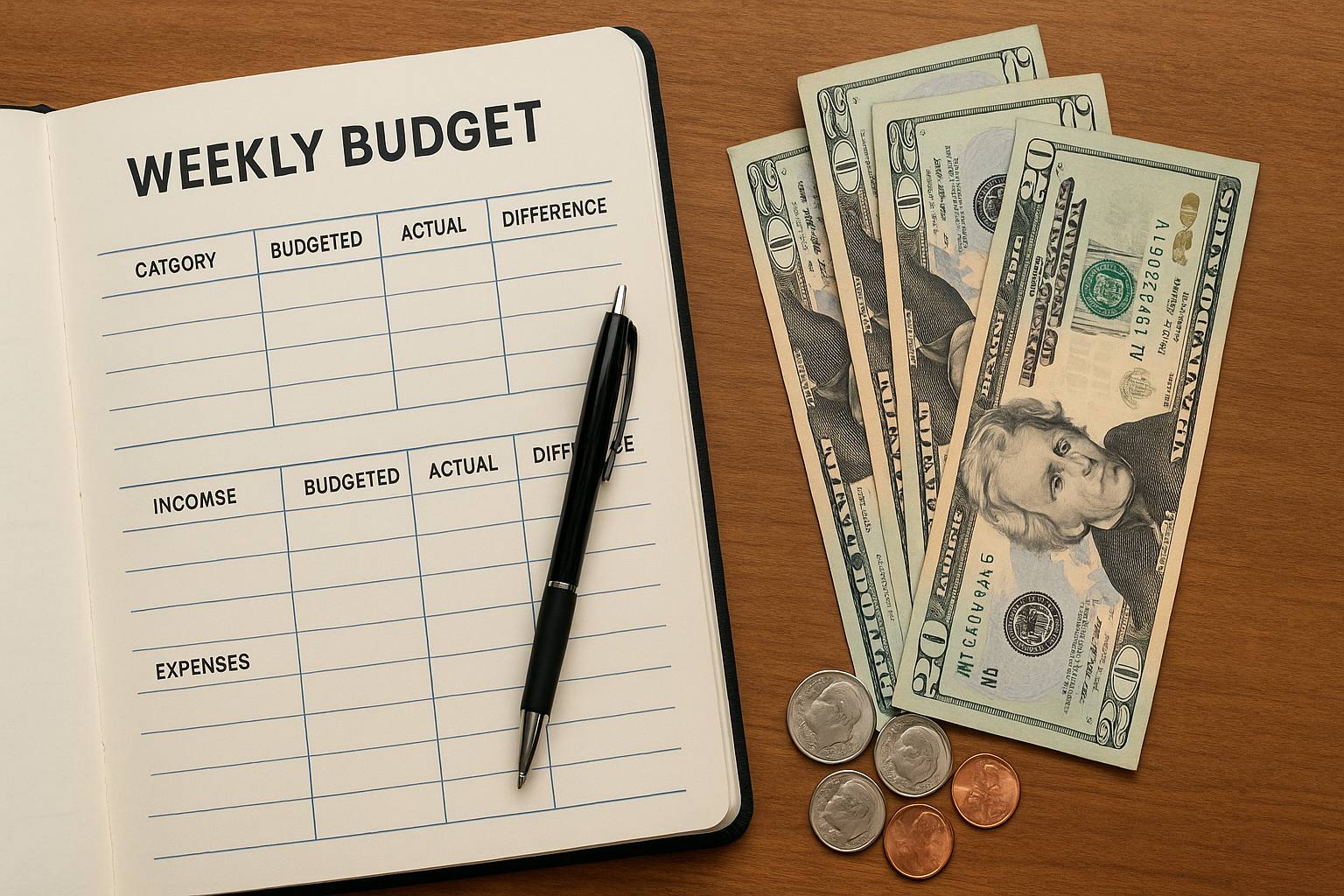9 Proven Ways to Save Money on a Tight Budget Without Sacrificing Your Lifestyle
Learning how to save money on a tight budget is a crucial skill for anyone aiming to improve their financial health without feeling deprived. Whether you’re a student, young professional, or managing a household, saving money doesn’t mean you have to give up all the comforts you enjoy.
In this guide, you’ll discover nine practical and proven ways to save money while still maintaining a lifestyle you love. These strategies are easy to apply and designed to fit into any budget.
Why Saving Money on a Tight Budget Is Possible
It’s a common misconception that saving money requires having a large income. But with discipline and smart habits, you can start building your savings no matter how tight your finances are. The key is to focus on small, consistent changes that add up over time.
1. Create a Detailed Budget and Track Every Expense
The first step in saving money is knowing exactly where your money goes. Make a simple budget that categorizes your income and expenses.
Tips:
-
Use apps like Mint or You Need a Budget to track spending automatically.
-
Review your expenses weekly to stay on top of your spending habits.
2. Prioritize Essential Expenses and Cut Non-Essentials
When you have a tight budget, it’s critical to identify essential costs (rent, utilities, groceries) and minimize non-essential spending (subscriptions, dining out, entertainment).
Action plan:
-
List all monthly subscriptions and cancel those you rarely use.
-
Cook meals at home more often instead of ordering takeout.
3. Automate Your Savings, Even Small Amounts Matter
Automating your savings ensures you consistently put money aside without having to think about it. Even $10 a week can grow into a substantial amount over time.
How to do it:
-
Set up automatic transfers to a dedicated savings account after payday.
-
Treat your savings like a fixed expense.
4. Shop Smart: Use Discounts, Coupons, and Cashback Offers
Shopping strategically can help you save a significant amount without cutting items from your list.
Strategies:
-
Use coupon apps like Honey or Rakuten for online shopping.
-
Buy in bulk for non-perishable items.
-
Take advantage of seasonal sales and clearance events.
5. Reduce Utility Bills With Simple Home Hacks
Utility bills can be surprisingly high but often have room for savings.
Simple tricks:
-
Switch to energy-efficient bulbs.
-
Unplug devices when not in use.
-
Use programmable thermostats to manage heating/cooling.
6. Limit Impulse Buying With a Waiting Period
Impulse purchases can quickly drain a budget. Implement a 24- or 48-hour waiting period before buying non-essential items.
Benefits:
-
Gives you time to evaluate if you really need the item.
-
Prevents buyer’s remorse and unnecessary spending.
7. Use Public Transport or Carpool to Save on Travel Costs
Transportation is often a major expense, but there are ways to reduce it.
Alternatives:
-
Use public transit instead of driving.
-
Carpool with coworkers or friends.
-
Walk or bike when possible.
8. Find Free or Low-Cost Entertainment Options
Saving money doesn’t mean you have to give up fun. Look for free or inexpensive activities in your community.
Ideas:
-
Visit public parks, museums with free days, or community events.
-
Stream movies or games at home rather than going out.
-
Join local clubs or hobby groups that offer free meetings.
9. Sell Unused Items for Extra Cash
Decluttering your home can also boost your savings. Sell things you no longer need on platforms like eBay, Facebook Marketplace, or local consignment shops.
Bonus:
-
Helps clear clutter.
-
Provides extra money to add to your savings.
Frequently Asked Questions
Can I really save money if I’m barely making ends meet?
Yes. Even saving a small amount regularly builds good habits and emergency cushions that can make a big difference over time.
How do I stay motivated to save on a tight budget?
Set clear goals, track progress visually, and celebrate milestones. Remember that every little bit adds up.
What if unexpected expenses derail my budget?
Keep a small emergency fund and revisit your budget to make adjustments. Flexibility is key.
Conclusion
Learning how to save money on a tight budget is all about making intentional choices and small changes that add up. By creating a realistic budget, cutting unnecessary expenses, automating savings, and using smart shopping habits, you can grow your savings steadily without sacrificing the lifestyle you enjoy.
Start applying these nine proven tips today, and you’ll find yourself in a stronger financial position sooner than you think.




